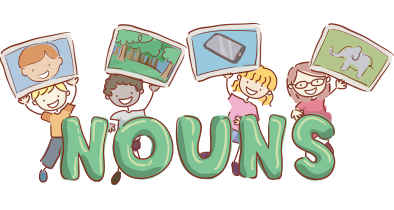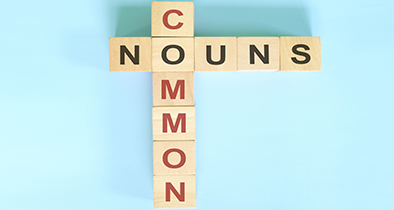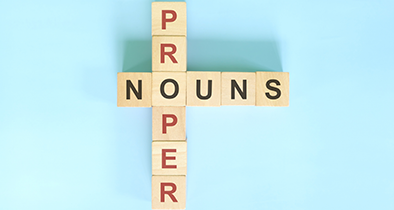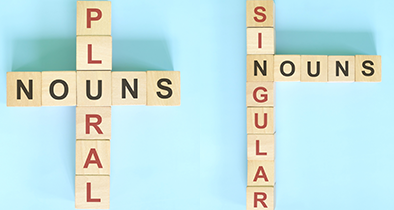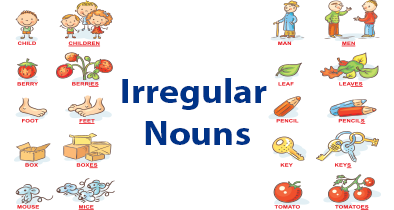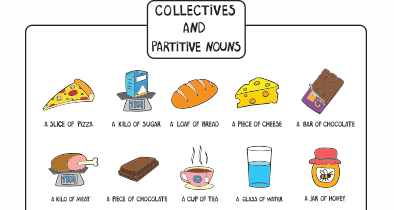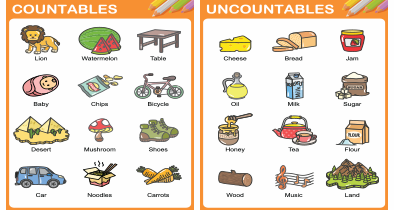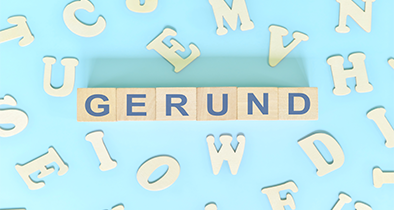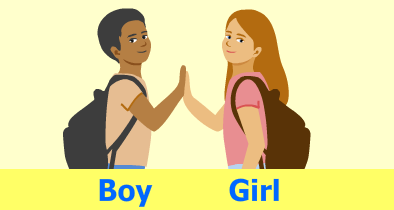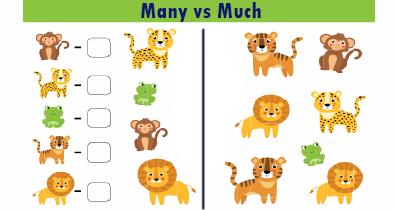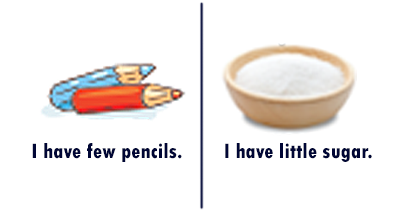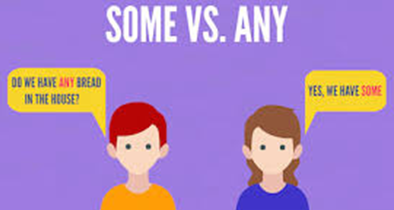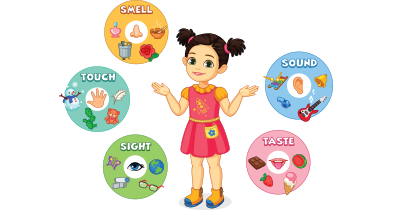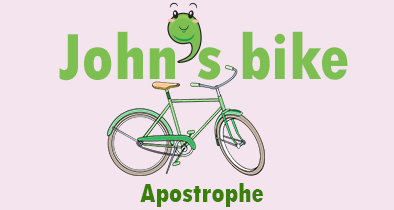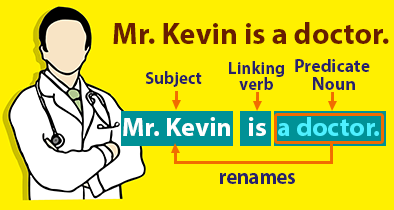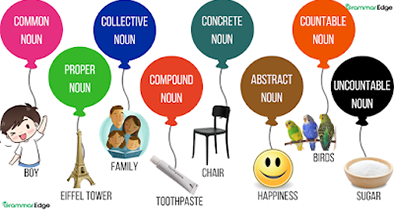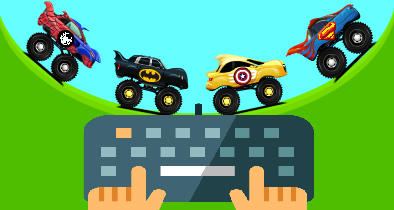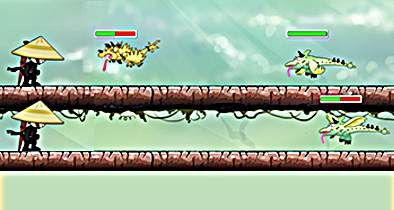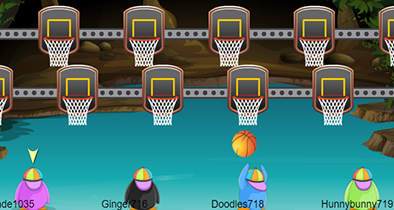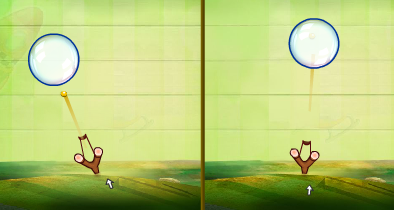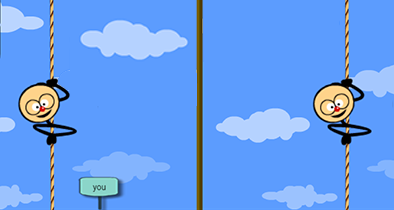Login as parent/teacher to assign this.
Noun Games
A noun is a person, place, thing, idea, feeling, or concept. It gives a name to things that will be doing the action provided by the verb. Nouns can be people, places, things, animals, seasons, planets, days, time, and more!
Common Noun names a non-specific person, place, or thing. Common nouns are never capitalized. More abstract ideas can also be common nouns, like thoughts, ideas, and concepts.
Proper nouns give a specific name to a common noun, and therefore are ALWAYS CAPITALIZED.
The word "singular" means "one," and that's exactly what a singular noun is - only one person, place, or thing. Examples include a dog, a cat, a skyscraper, a pencil, or a cup. The word "plural" means "more than one," so a plural noun refers to more than one of a person, place, or thing. Examples include dogs, cats, skyscrapers, pencils, and cups.
Irregular nouns are those that don't fit the standard rules when making them plural. As always, there are exceptions to these spelling rules as well, so you will need to be familiar with them.
Collective Nouns represent a group or collection of things, like a jar or a bar or a loaf.
Countable nouns are those that you can actually count. If you can put an article in front of the noun, such as a, an, or the, then it is countable. Uncountable nouns are things you cannot quantify, like feelings or emotions or abstract concepts. In general, you can divide these into mass and abstract.
A gerund is a type of noun, so let's review what makes a noun first. A noun is a person, place, thing, idea, feeling, or concept. It gives a name to things that will be doing the action provided by the verb. Nouns can be people, places, things, animals, seasons, planets, days, time, and more!
The three genders of nouns in English are masculine (i.e. male), feminine, common (neither male nor female specified), and neuter (i.e. no gender).
Much and many have similar meanings, but different uses. Much should be used when you're talking about a large amount, so many that you cannot count them. Many is also used when you're talking about a quantity of something, but usually a small enough amount that you're able to count them.
A & An are articles that combine with singular nouns that you can count. A is used when the word starts with a consonant sound. An is used when the word starts with a vowel sound (a, e, i, o, or u).
We use some and any as articles with plural nouns and uncountable nouns.
It's a concrete noun if you can see, hear, smell, taste, or touch it. Abstract nouns are those that name feelings, ideas, concepts, or characteristics that cannot be felt with your senses.
To Possess means to own or to have, and that's exactly what these nouns are doing. Possessive nouns are those that show possession or ownership of another noun.
A Predicate Noun, or Predicate Nominative, is a noun or noun phrase that comes after a linking verb. It often gives more information about the subject of the sentence, identifying or describing a state-of-being or just giving more specificity.
These are different types of nouns: Common nouns, Proper nouns, Collective nouns, Compound nouns, Concrete nouns, Abstract nouns, Countable nouns, Uncountable nouns
Rev up your engines for this intense multiplayer game! Practice your typing, math, and language skills through this race to the end. Correct answers make your monster truck go faster - the faster you answer, the faster you'll go! Boost power with consecutive right answers, or opt to slow other players down. Hit the gas!
Hi-ya! Get your ninja ready to battle against monsters. Race against another player to answer questions and destroy the monsters. The quicker you answer, the more power you have. Consecutive correct answers power up your ninja skills - attack with fury or retreat to save yourself.
Dribble, dribble, shoot! Get your court skills primed for a competitive game of hoops with friends! Choose your subject area from math, English, or typing skills, and jump in the game. Answer questions quickly to earn your spot on the foul shot line. Shoot to win!
Face off against your opponent armed with a slingshot. Answer questions in math, language, or use your typing skills to get ahead. Shoot stones at the correct answer bubble to pop it and score! Be careful...those bubbles will come faster the further you get into the game!
Who will make it to the top first? Climb faster than your friends by answering questions either in math, language, or using your typing skills. Correct answers propel your stickman towards the top of the rope. Answer consecutively to earn sliding props to make your opponent slip back down their rope!

Our Educational Resources
Math Games
- Addition
- Area and Perimeter
- Decimals
- Division
- Fractions
- Shapes
- Geometry
- Multiplication
- Number
- Roman Numerals
- Statistics
- Subtraction
- Time
- Units of Measurement


